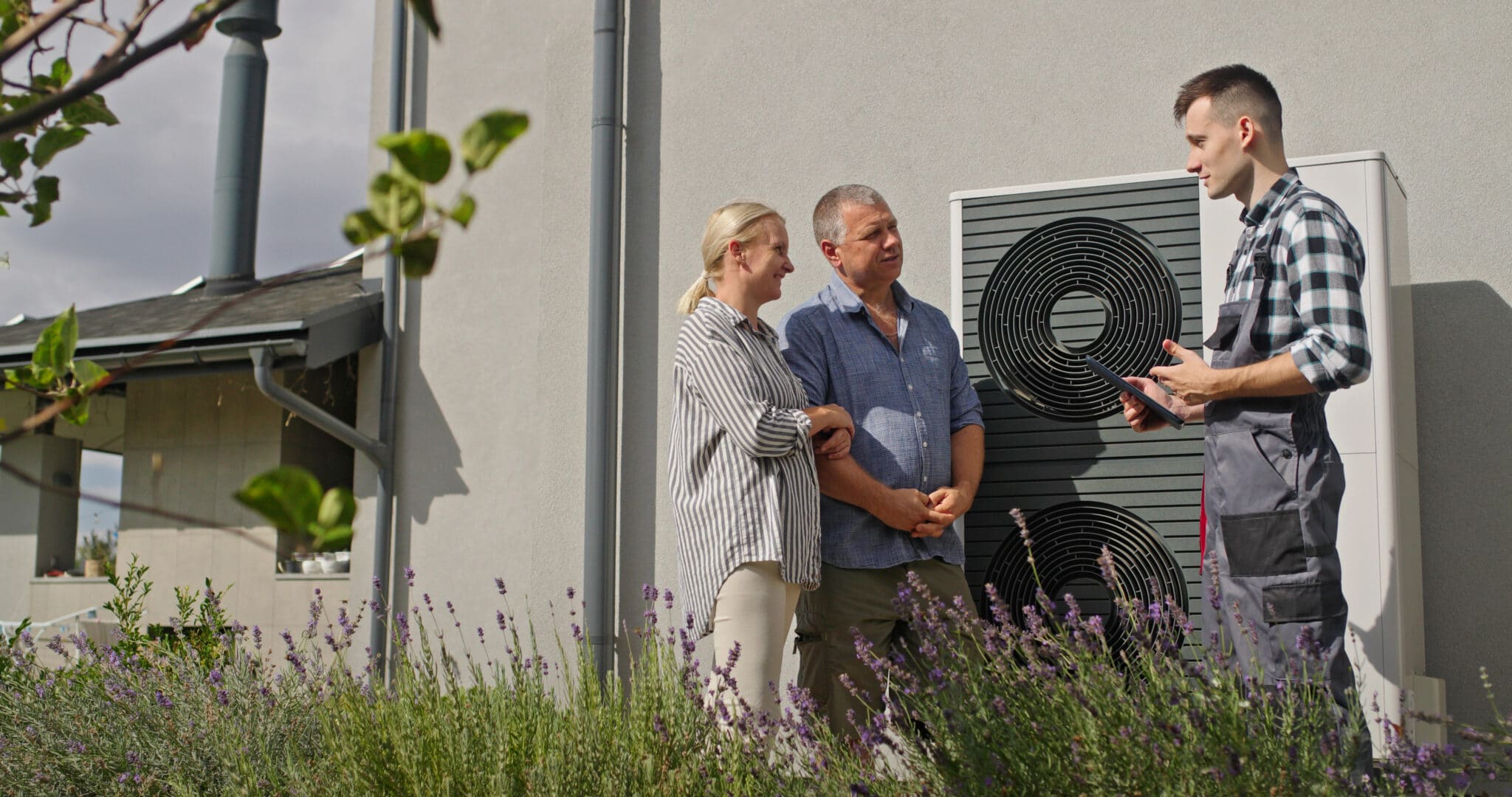Whether you’re a first-time homeowner or a longtime resident, the chances are good that you’ve developed an instinct for your HVAC system. As time goes on, we experiment with the thermostat and make mental notes, eventually learning how to get the best performance out of our HVAC systems. But when something goes wrong, how do we explain that issue to others? We may feel our HVAC systems, but do we speak HVAC too?
For first-time homeowners and longtime residents alike, Alabama Power offers this introductory course in essential HVAC terminology. Armed with these powerful terms, you’ll be able to name HVAC components that you previously only knew by smell, sound, or pure instinct.
Let’s start with the first, most crucial definition.
HVAC
This popular acronym stands for “Heating, Ventilation, & Air Conditioning.” Your HVAC system is responsible for circulating hot and cold air throughout your home. There are many different types of HVAC systems with different parts and fundamental operating methods. Generally speaking, HVAC systems are made up of a furnace for heat, an AC unit for cool air, and a system of ducts to distribute the treated air throughout your home.
Furnace
Home furnaces are responsible for—you guessed it—heat! In general, there are three major types of furnaces, including gas, oil, and electric. Most furnaces work by introducing air to a heat exchanger. This warms the air before introducing it through the ducts and into the rooms of your home.
Air Conditioning
An AC Unit or AC System is any system designed to introduce cool, treated air throughout your home. AC units are made up of many parts, but most importantly, require a condenser coil, compressor, some electrical components, and a fan. Together, these parts treat air until it’s cool and then distribute that air throughout your home for maximum comfort in the warmer months.
Condenser/Condenser Coil
Condensers are critical AC components that generally sit outdoors and alongside the home. The condenser contains a refrigerant liquid that can be compressed and pumped through a series of coils in the form of a hot gas. This process releases heat into the ambient, outdoor air or treats incoming air for comfort in the home.
Evaporator/Evaporator Coil
As the other side of the coin to condenser coils, evaporator coils absorb and remove heat from the air in the home. The evaporator and condenser coils complete your HVAC system. One removes heat from the air in the home while the other releases heat into the air outside. The efficiency of your HVAC system depends on both coils.
Ducts
Any fan of the Bruce Willis classic Die Hard should be familiar with air ducts. While the ducts inside your home are considerably smaller than those depicted in the film, the general idea holds true. Ducts are the highways and byways through which air flows into and throughout your home.
Vents
Vents and ducts are distinct parts of your HVAC system. If the ducts are highways, then vents are the off ramps. You likely already know where your vents are in each room, how to position them for maximum efficiency, and how to close them when not in use.
Speaking HVAC
HVAC systems are both simple and complex. The principles behind HVAC technology may be simple, but the technology itself can be quite daunting. With these key HVAC terms, you’re well on your way to speaking HVAC with greater fluency. When we put words to concepts, we can often understand those concepts better.
Alabama Power knows how important your HVAC system is to the continued comfortable operation of your home and household. In both cooler and hotter months, you can rely on Alabama Power to keep your HVAC system talking. For tips on how to save money and increase your comfort this coming winter, visit our blog, and check back regularly for more helpful tips, tricks, and terminology.
At Alabama Power, we speak HVAC.
The modern world would look considerably different without HVAC technology. In the south, our daily lives revolve around the temperature outside. Alabama power keeps the juice flowing so that your HVAC can keep the air flowing. To learn more about energy-efficient HVAC equipment, or to learn how you can save on monthly utility bills, call us at 1-888-44-SMART!



